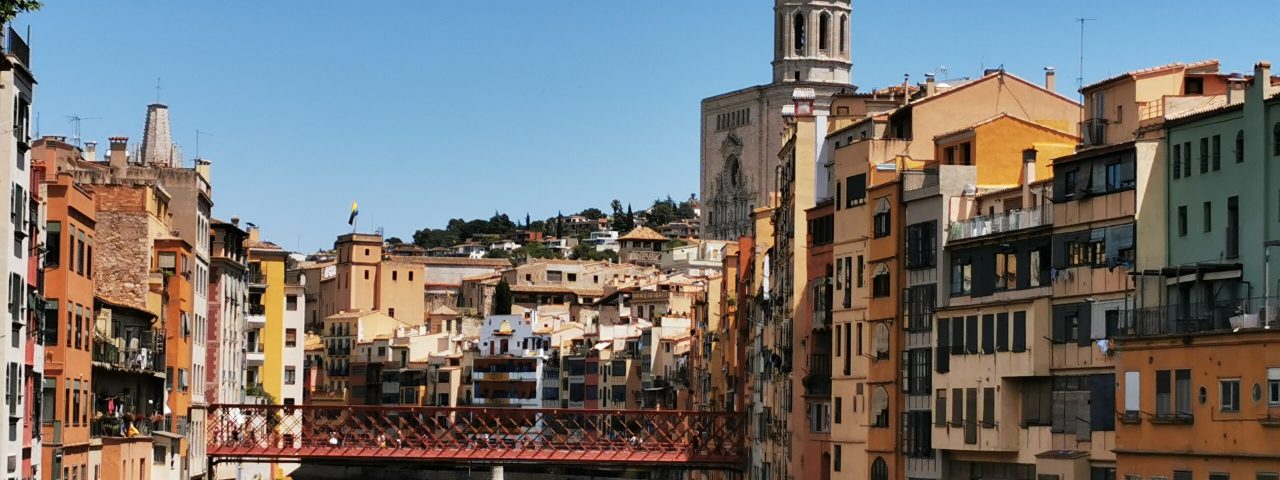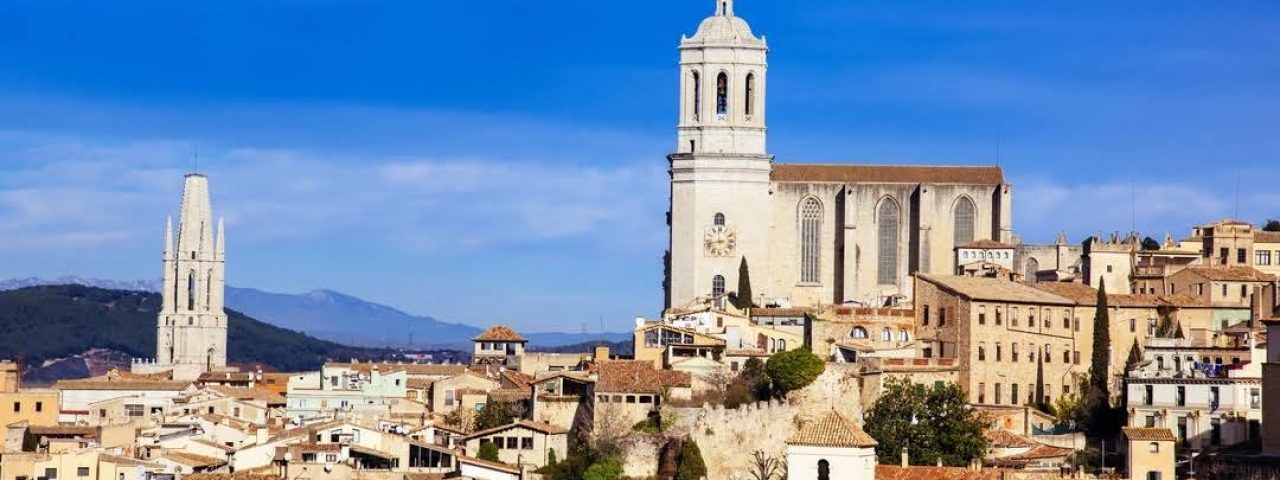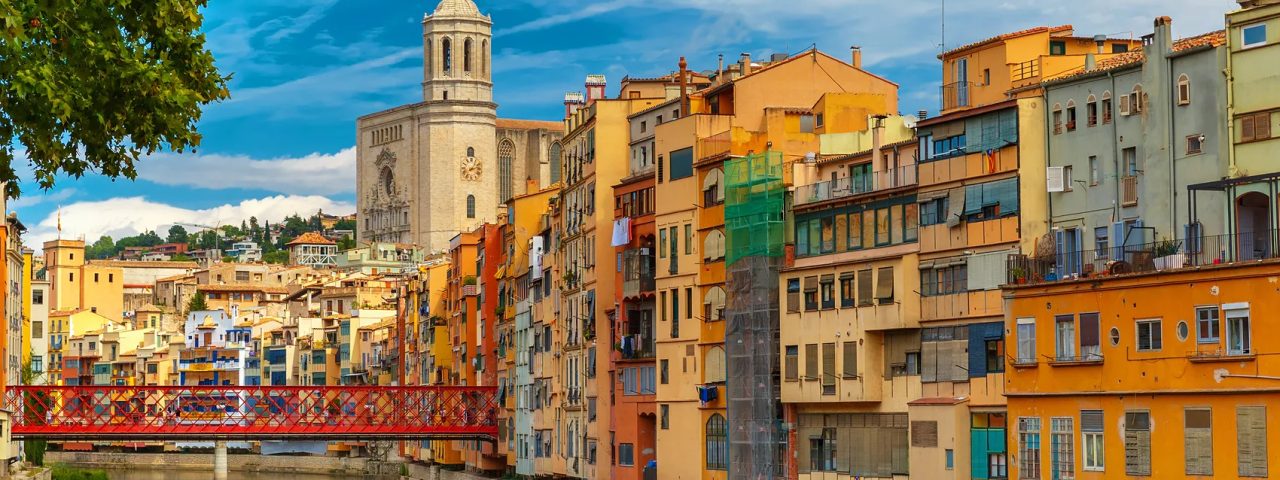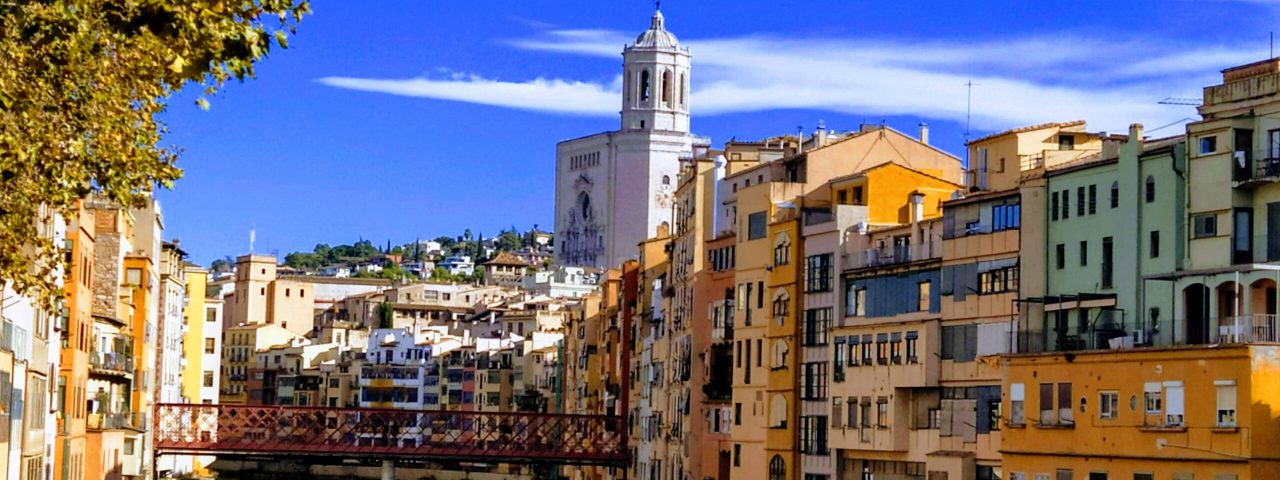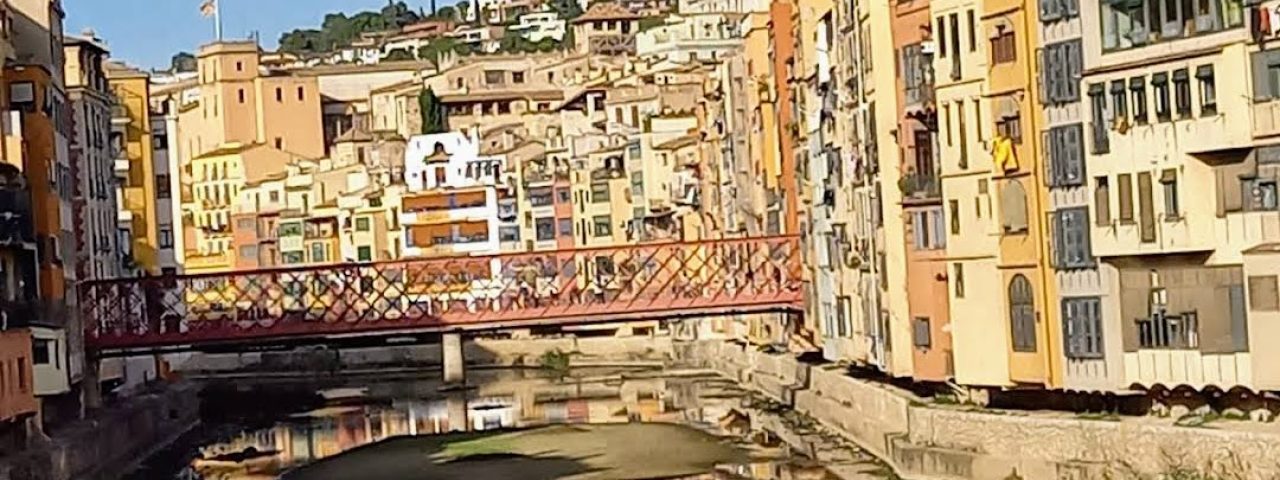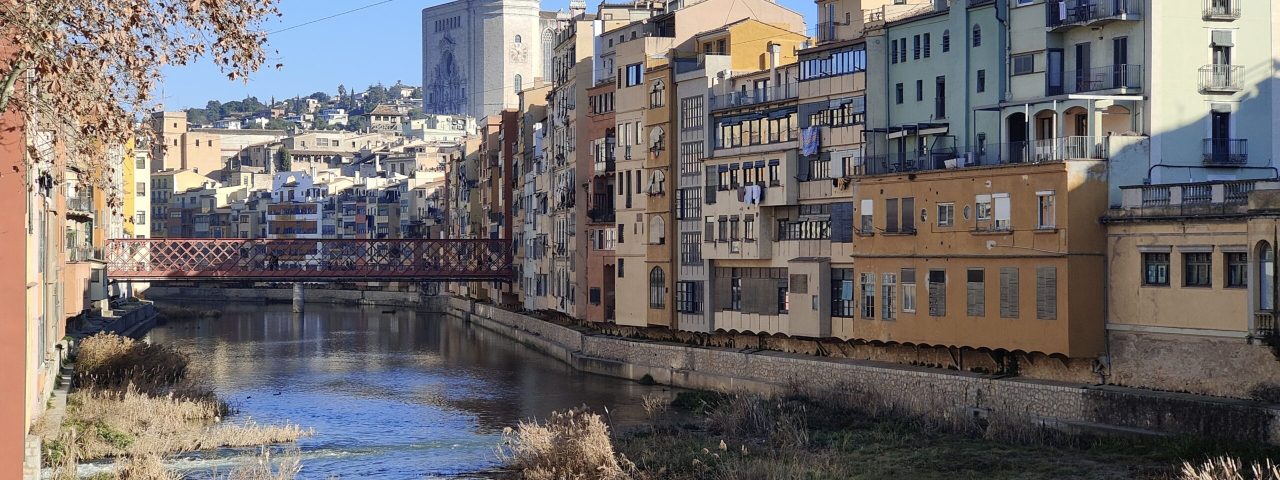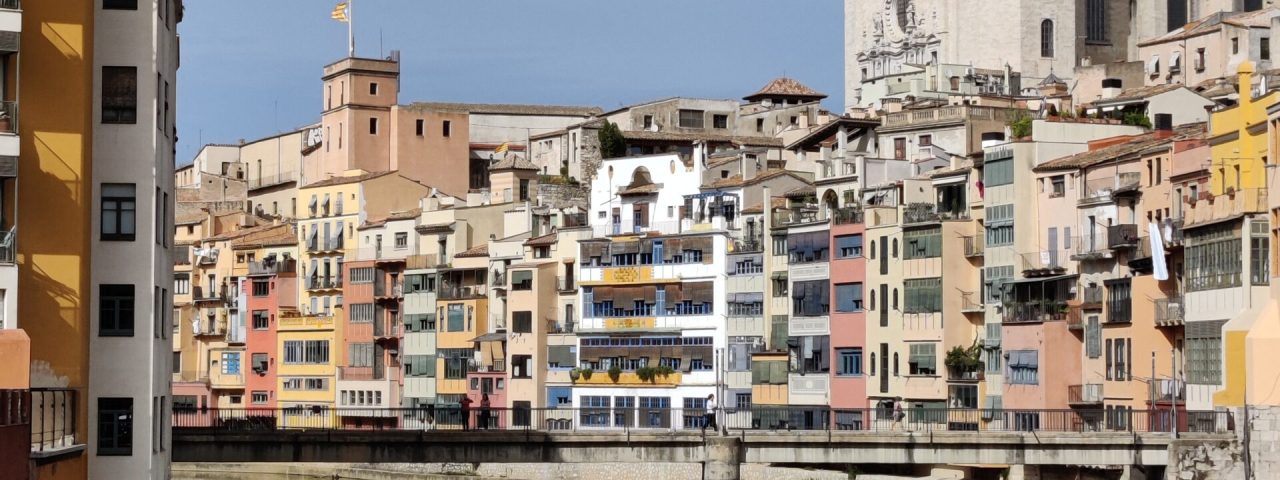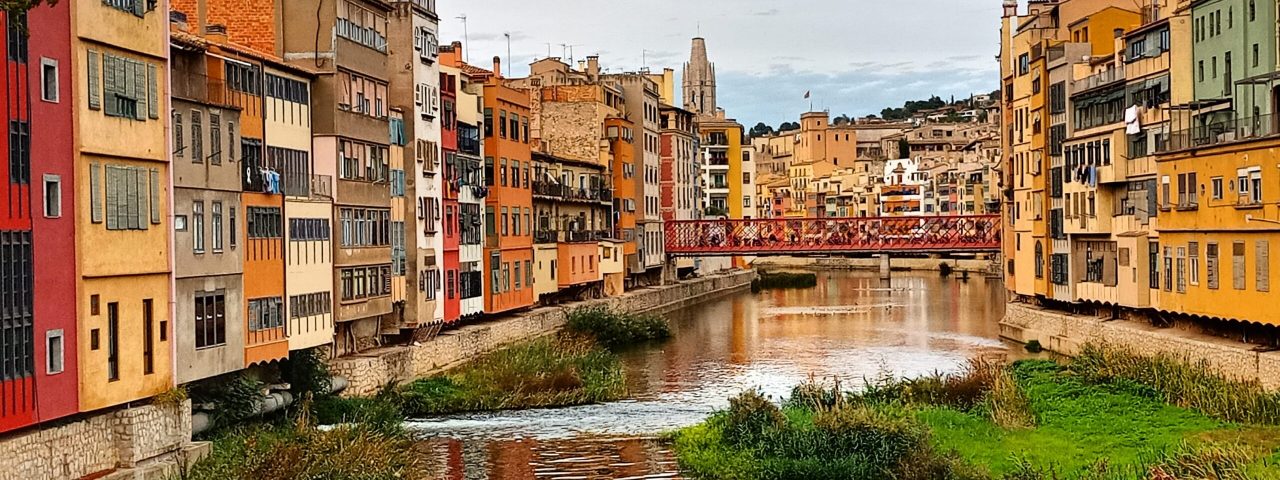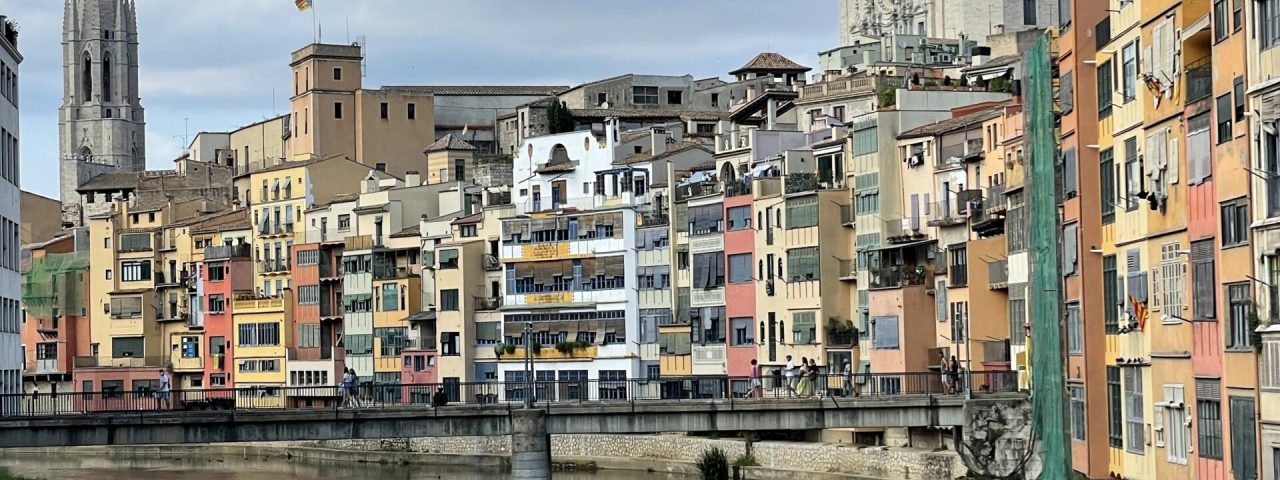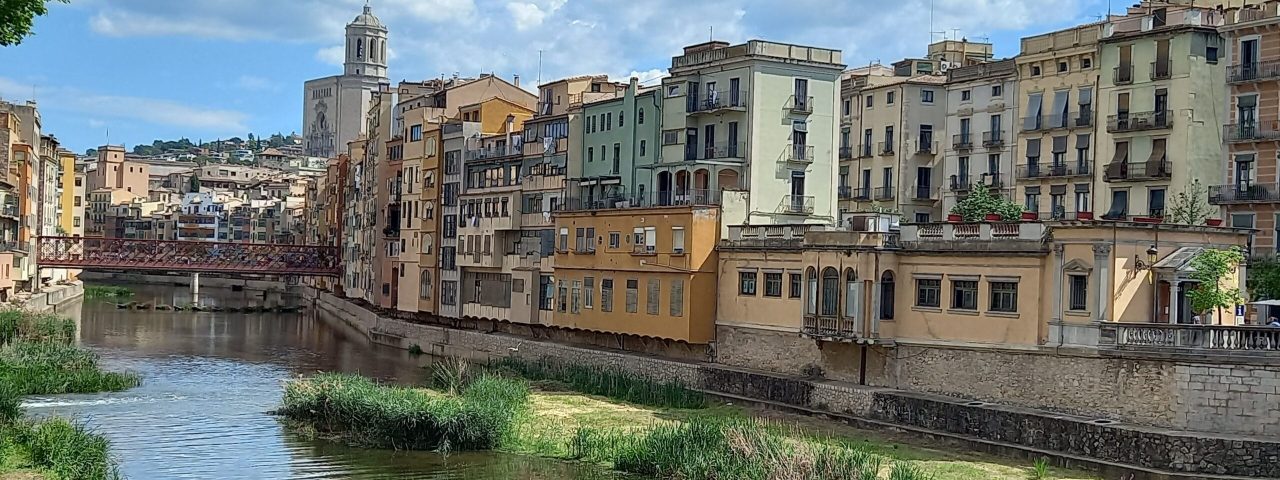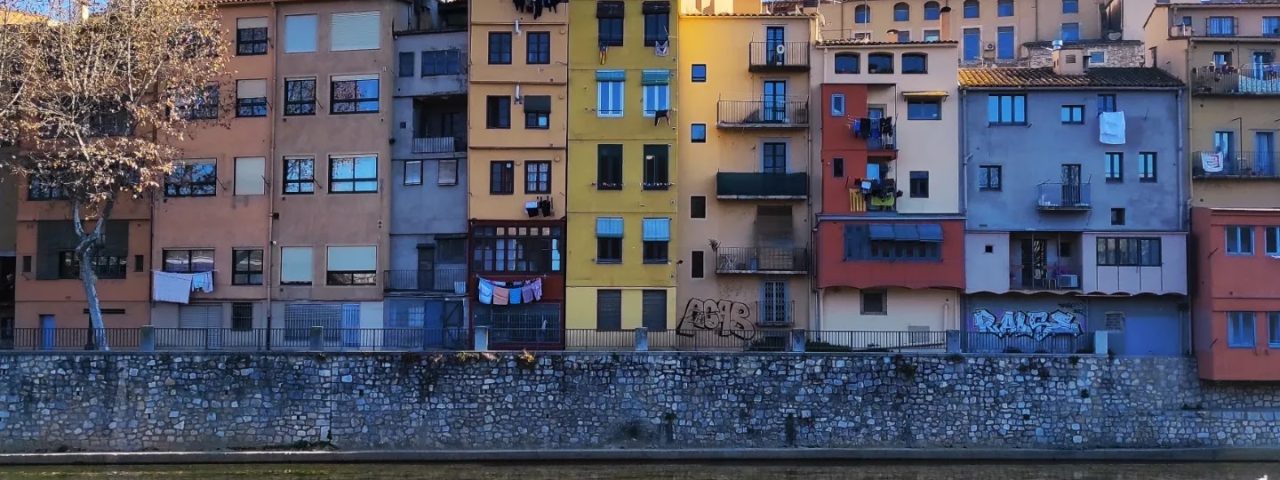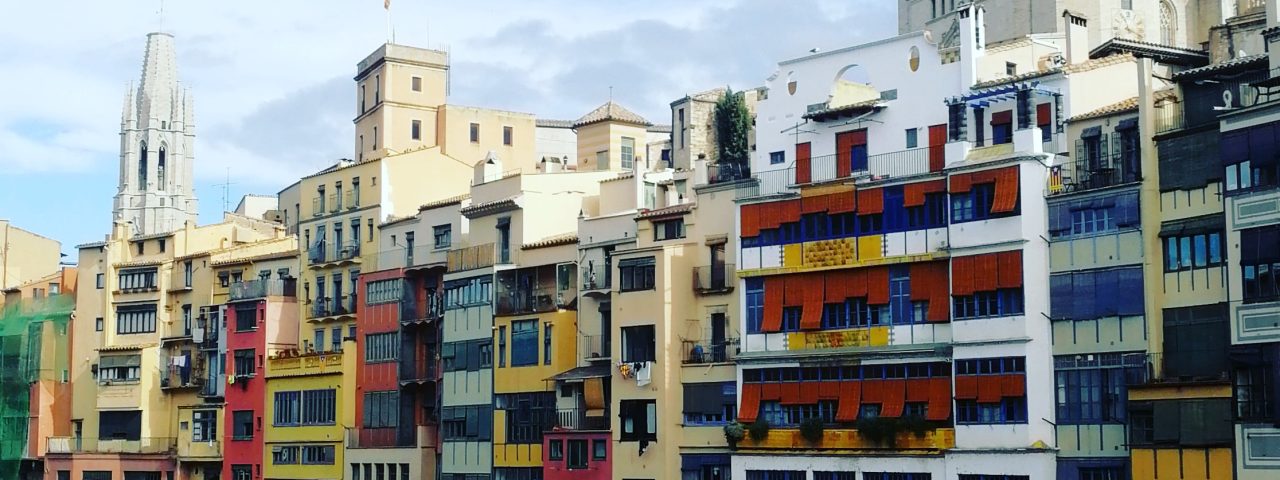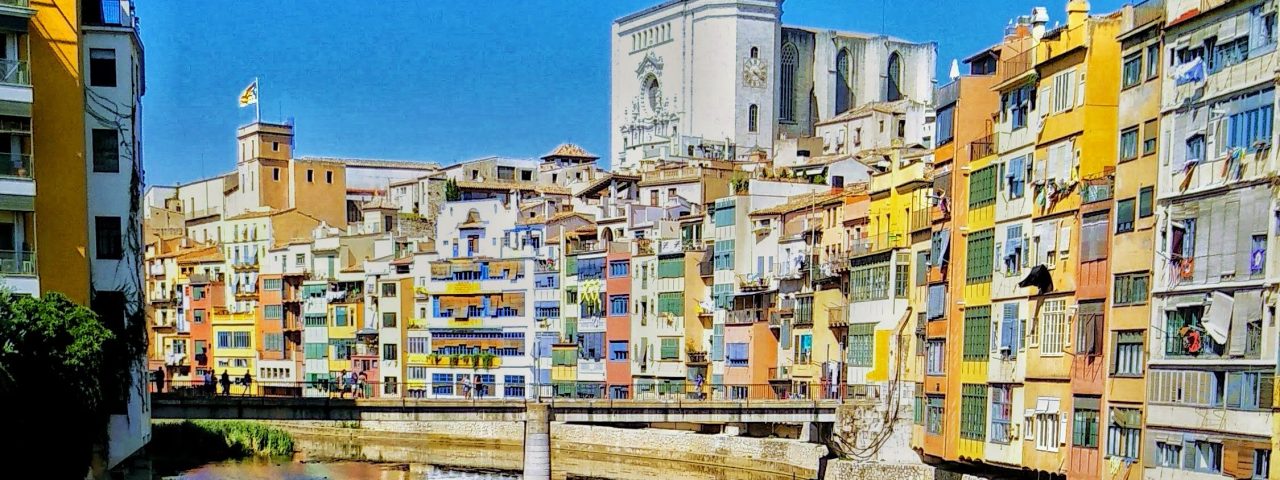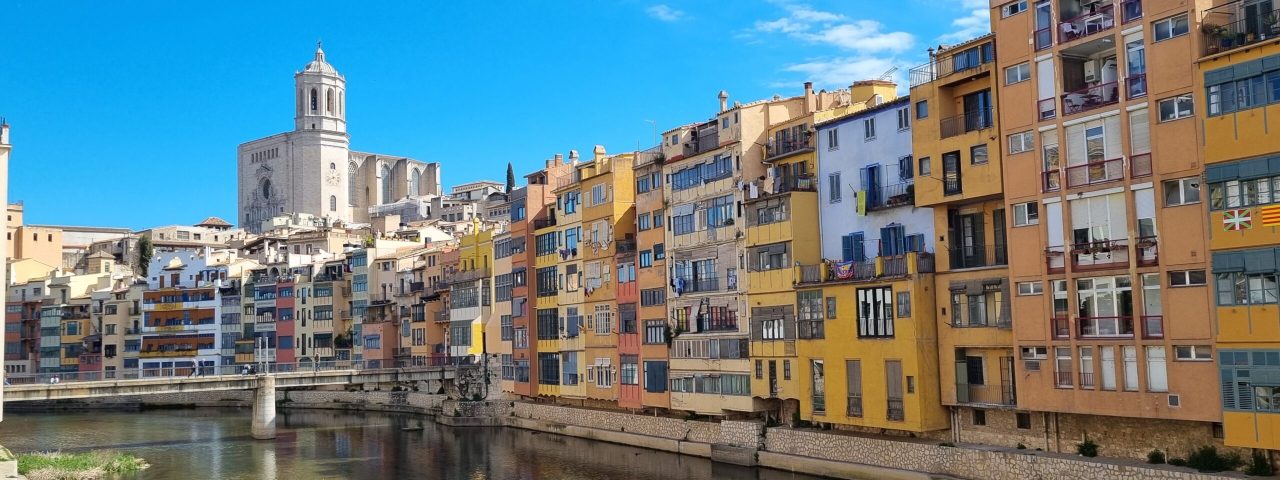Girona has a rich and diverse history that spans over two millennia. Founded by the Romans in the 1st century BC, the city quickly became a strategic stronghold due to its location along the Via Augusta, a major Roman road. The remnants of this era can still be seen in the city’s Roman walls, some of which are remarkably well-preserved. Over the centuries, Girona was shaped by various civilizations, including the Visigoths, Moors, and Franks, all of whom left their mark on the city’s architecture and culture.
One of the most significant historical periods for Girona was during the Middle Ages, when it became a major religious and cultural center. The Jewish Quarter (El Call), one of the best-preserved in Europe, is a testament to this era and offers visitors a glimpse into the city’s diverse past. Girona is also known for its resistance during various sieges, particularly against Napoleonic forces in the early 19th century.
Culturally, Girona is a hub of Catalan traditions, from its vibrant festivals to its language. One of the most famous festivals is the Temps de Flors (Flower Festival), held every May, when the city’s streets and monuments are transformed by stunning floral displays. The city also celebrates the Sant Narcís Festival in October, in honor of its patron saint, with parades, fireworks, and traditional dances.
